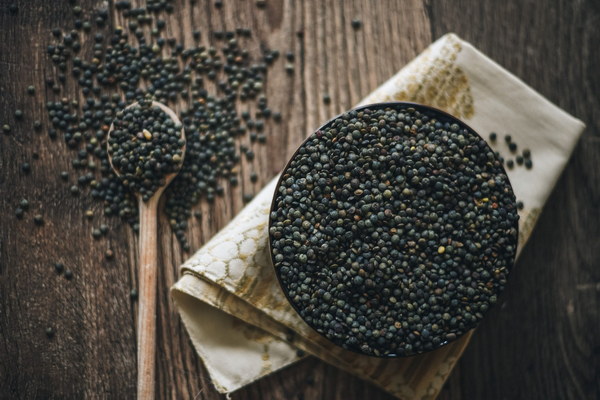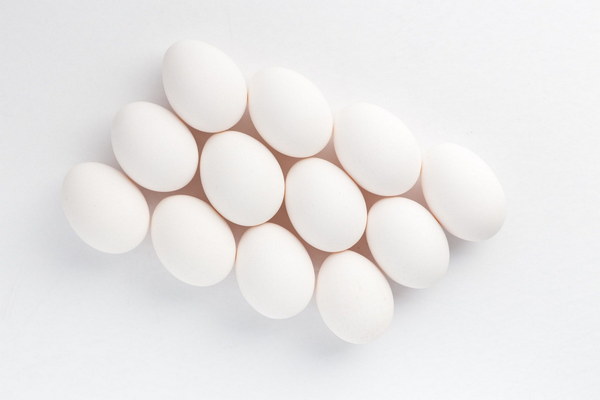Unveiling the Health Wonders of Tea A Journey into the World of Tea Therapy
In a world where fast-paced living often takes precedence over self-care, the art of tea drinking offers a serene escape, not only for the palate but also for the soul. Tea, a beverage that has been cherished for centuries, is not just a drink; it is a symbol of health, wellness, and tranquility. This article delves into the fascinating world of tea therapy, exploring the diverse health benefits of various tea types and how they can be integrated into a balanced lifestyle.
The Art of Tea Therapy
Tea therapy, also known as chaoyang in Chinese, is a holistic approach to wellness that emphasizes the use of tea to improve physical and mental health. The practice dates back thousands of years in Asia, where tea was revered not just for its taste but also for its medicinal properties. Today, tea therapy has gained popularity worldwide, offering a natural and gentle way to enhance well-being.
Types of Tea and Their Health Benefits
1. Green Tea
Green tea is a powerhouse of antioxidants, primarily due to its high content of catechins, particularly EGCG (epigallocatechin gallate). These compounds have been shown to boost metabolism, aid in weight loss, and reduce the risk of heart disease and certain types of cancer. Green tea is also known for its ability to improve brain function and reduce stress levels.
2. Black Tea
Black tea is fully oxidized and contains caffeine, which provides a gentle stimulant effect. It is rich in flavonoids that help reduce cholesterol levels and protect against heart disease. Black tea has also been found to have anti-inflammatory properties and can improve digestion.
3. White Tea

White tea is the least processed of all tea types, making it one of the most potent sources of antioxidants. It has been associated with numerous health benefits, including cancer prevention, heart health, and anti-aging properties. White tea is also believed to help boost the immune system and reduce stress.
4. Oolong Tea
Oolong tea, a semi-fermented tea, combines the benefits of both green and black teas. It is known for its ability to aid in digestion, reduce bad cholesterol levels, and improve metabolism. Oolong tea is also believed to help regulate blood sugar levels, making it a great choice for diabetics.
5. Pu-erh Tea
Pu-erh tea is a unique fermented tea that is often aged for years. It has been shown to aid in weight loss, reduce cholesterol, and improve digestion. Pu-erh tea is also known for its ability to enhance mental clarity and reduce stress.
Incorporating Tea into Your Daily Routine
To fully benefit from the health properties of tea, it is important to incorporate it into your daily routine. Here are some tips on how to enjoy tea for optimal health:
- Choose Quality Tea: Invest in high-quality loose-leaf tea, as it retains more flavor and health benefits than bagged tea.
- Make the Right Cup: Brew your tea using fresh, filtered water at the correct temperature for the type of tea you're drinking.
- Enjoy Mindfully: Take the time to savor each sip, allowing the flavors and aromas to transport you to a state of relaxation and well-being.
- Experiment with Varieties: Try different tea types to discover your preferences and the unique health benefits each offers.
- Limit Caffeine: If you're sensitive to caffeine, opt for decaf or lower-caffeine teas, such as white tea or herbal teas.
In conclusion, tea is more than just a drink; it is a timeless tradition that offers a multitude of health benefits. By embracing the art of tea therapy and incorporating it into your daily life, you can enjoy the peace, rejuvenation, and wellness that this ancient beverage has to offer.









